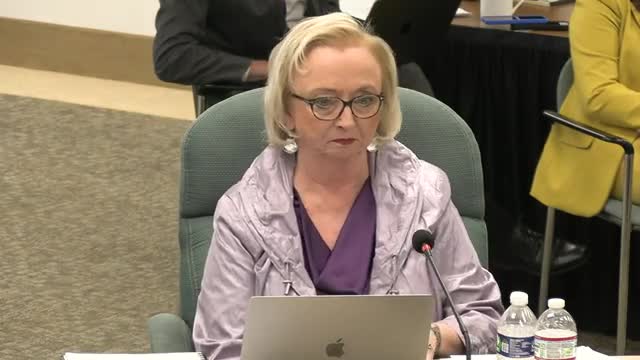Article not found
This article is no longer available. But don't worry—we've gathered other articles that discuss the same topic.
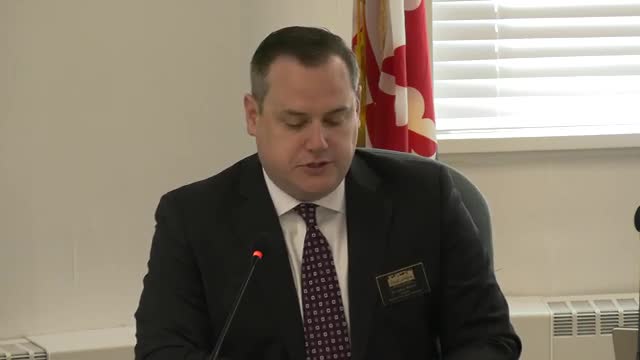
Maryland highlights early childhood expansion, mixed-delivery pre-K and sharp growth in childcare scholarship
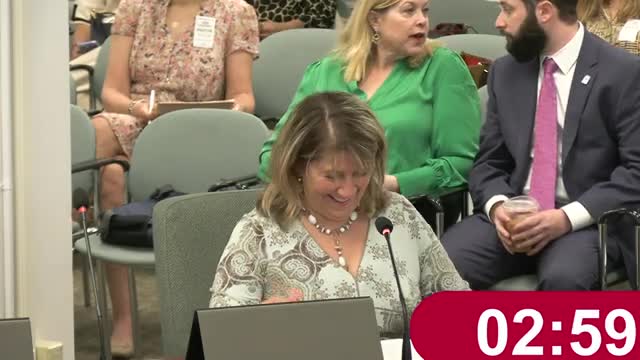
Maryland Reads: new state reading report warns tens of thousands of students lack proficiency, urges coaching and data-driven action

State Board honors 23 'Purple Star' schools supporting military-connected students
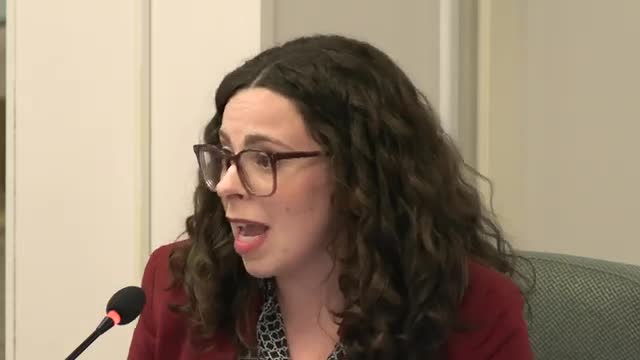
Maryland education leaders summarize major education bills from the 2025 legislative session
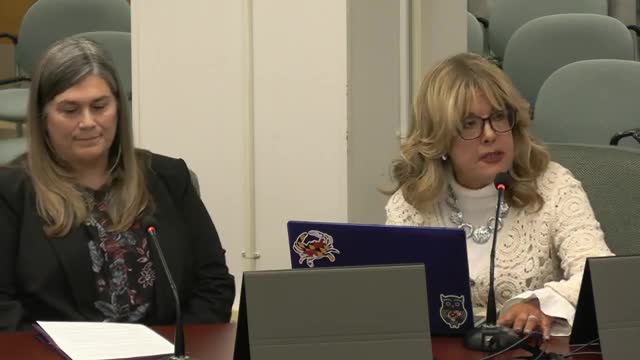
State task force issues guidance to local districts on school cellphone and personal-device policies

Maryland launches 'Feds to Eds' recruitment push; local districts expand teacher pipeline pilots
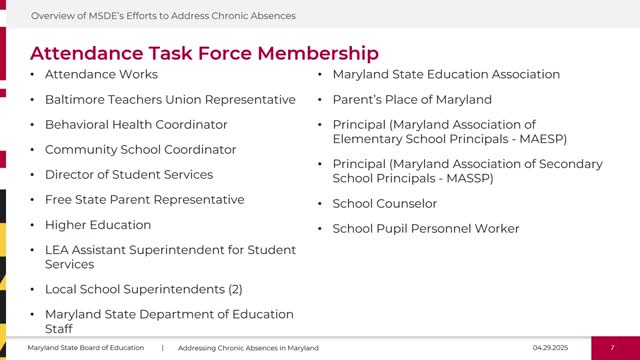
State board updates: chronic absenteeism task force launches toolkit and community-of-practice supports
